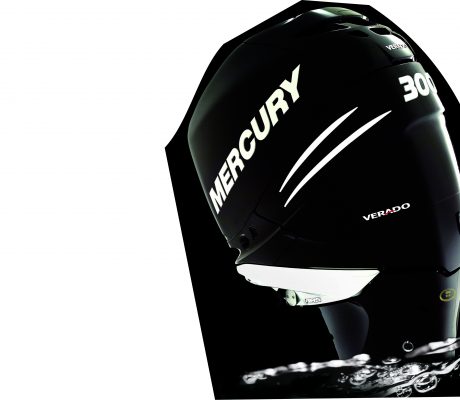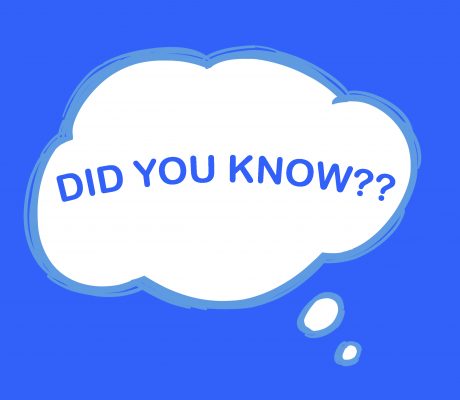Let’s Talk About Boat Motors
15 April 2019

Latest News
If you’re a boat enthusiast, you probably know all about cavitation and the different piston cycles between Two-Stroke and Four-Stroke engines. If so, feel free to read on and scoff about this blog only scratches the surface of the engine casing.
But if you’re new to boats or just want a refresher so you’re prepared when you come in and look to upgrade your motor from our huge selection, you’ll know that perfect match when you find it. And once you have that ideal fit installed, you’ll be amazed at the smooth ride and amazing performance you’ll get!
Outboard Motor information, inbound!
Unlike the engines you find under the hood of cars, boat engines work in a similar manner but with a different function. Typically, smaller boats are powered by outboard motors—motors mounted on the outside—where the motor powers a propeller to move the boat forward. Some craft, usually larger ones, may use inboard motors—motors enclosed so that they’re on the inside—but outboard are more common for recreational vehicles.
Each motor type offers its own set of advantages and disadvantages. Inboard motors have more protection because of their enclosures, but they are also very difficult to remove and do maintenance on. The opposite is true for outboard motors. They are more likely to be damaged since they aren’t enclosed in the hull, but they can be removed easily for simple maintenance.
How many horses does it take to pull a boat?
Most people are familiar with horsepower, or at least, know that it relates to engine power. 1 horsepower is the same amount of energy as 746 watts, so each additional unit of horsepower allows the engine to do more work. So much do you need for your boat?
While you can put an extremely powerful engine in a small boat, it isn’t recommended—and can even be illegal. Your boat’s capacity plate will tell you the recommended horsepower range and maximum that the boat can reasonably handle. When in the recommended range, the actual engine you should use depends on your individual usage. Come in and talk with one of our experts if you’re unsure and they’ll be happy to answer any questions you have.
And the Diff’rent Strokes?
Boat engines typically come in either two-stroke or four-stroke variants. A stroke is referring to the way that pistons move within the engine and you can learn about them in detail here. Two-stroke engines are simpler and lighter, making them less expensive while also being more powerful.
However, they are also generally more prone to breakdowns so have a shorter lifespan. They also tend to be louder and worse with pollution. A four-stroke is also usually the more fuel efficient between the two.
So which engine should I choose?
Again, it comes down to how you plan to use it and which factors are most important. Yes, a common answer for most of these questions, but only after properly taking your needs and usage into account can you get the best-fit engine. And if you want help with that decision, come over to Marine South and we’ll see that you get what you’re looking for!


